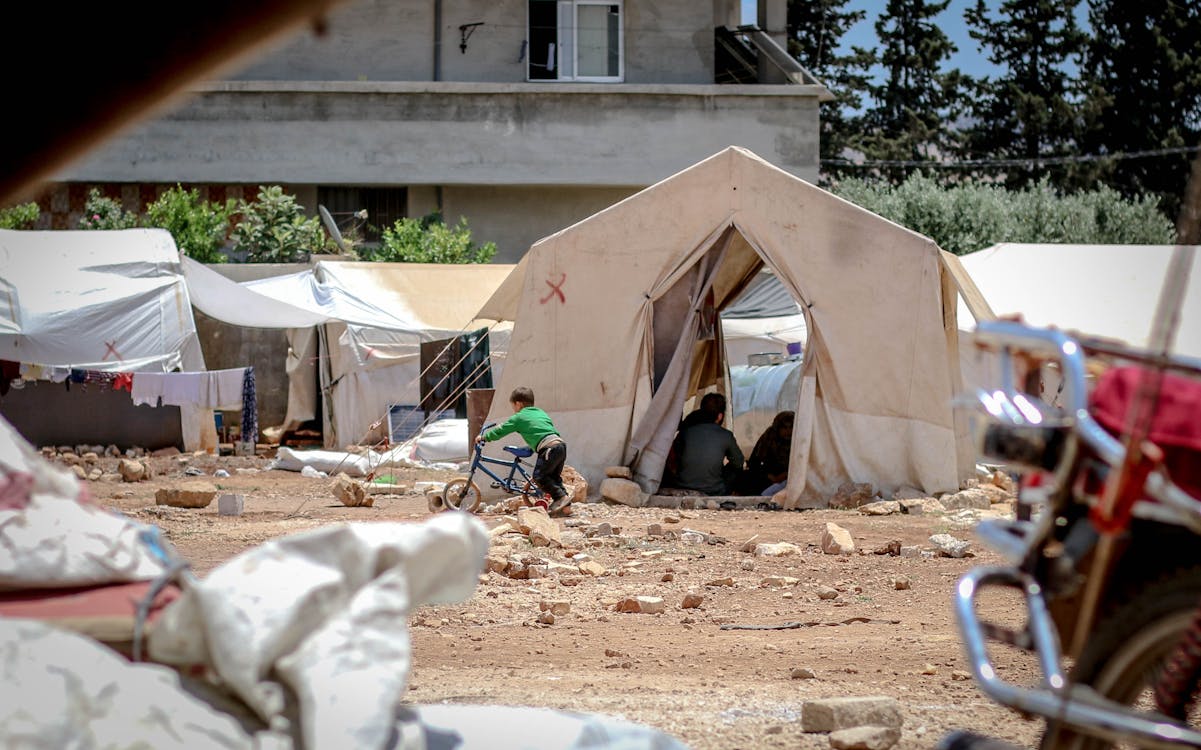
Frontex and the UNHCR are teaming up to strengthen European Union (EU) border security and offer better support for migrants. Their goal is to improve border control while also ensuring refugees and other vulnerable people receive protection.
Frontex and UNHCR announce joint effort
Frontex, the European Border and Coast Guard Agency, and the United Nations High Commissioner for Refugees (UNHCR) have taken their partnership to the next level.
On September 17th, the two agencies signed an agreement to improve the management of EU borders and to ensure fair treatment of migrants, especially refugees.
A recent press release reinforces the need to balance strong border control with humanitarian care, a growing challenge due to rising global migration.
Importance of refugee protection at EU borders
The main goal of this renewed partnership is to improve protection for refugees during border operations. Frontex is responsible for securing the EU’s borders, but it also understands the need to protect human rights.
With the help of the UNHCR, they aim to make sure refugees and asylum seekers get the support they need, following international protection standards.
This cooperation is especially important now, as millions of people are being displaced by conflict and persecution.

(Image courtesy of Ahmed akacha via Pexels)
Training and technical assistance boost border management
Under this agreement, Frontex and the UNHCR will provide training and technical support to border authorities in Europe.
The training will help staff identify people who might need international protection, like refugees, and make sure they get the help they are entitled to under EU and international law.
The goal is to improve how borders are managed, making it easier to process migrants while keeping both security and humanitarian care in mind. Well-trained personnel are key to balancing safety with compassion in this process.
Data sharing and intelligence increase effectiveness
The partnership also improves how Frontex and the UNHCR share information.
By working together, they can exchange important data to spot migration trends, predict movements, and prevent potential crises. This will boost border security and help identify and assist asylum seekers more quickly.
With better information, border authorities can avoid overwhelming their systems and be ready for future challenges.

(Image courtesy of DC Studio via Freepik)
Focus on children, women, other vulnerable groups
A key aspect of this partnership is protecting vulnerable individuals, like unaccompanied children and women at higher risk.
Frontex and the UNHCR understand the special needs of these groups and want to make sure they are safe at borders.
They will provide specialized training to help border guards spot those who need extra care, prevent abuse or exploitation, and ensure they get the right protection.
A humanitarian approach to border security
This partnership marks a move toward a more humanitarian approach to border management.
While Frontex focuses on security, the UNHCR prioritizes protecting people fleeing persecution or conflict. Together, they aim to make sure border security does not compromise refugees’ rights.
The collaboration highlights the need to respect human dignity and follow international law, even while securing borders.

(Image courtesy of Salome mi via Wikimedia Commons)
Visitors, migrants, face new realities
For short-term visitors to the EU, this cooperation likely will not have a noticeable effect right away.
However, for migrants and long-term visitors, especially those from conflict areas, it could lead to a faster and more transparent process when entering the EU.
Asylum seekers might benefit from more responsive systems due to better training and data-sharing.
With the upcoming launch of the European Travel Information and Authorization System (ETIAS), this partnership will also strengthen security measures.
The ETIAS will require travelers to complete pre-screening before entering the Schengen Area.
For asylum seekers, this cooperation helps ensure border controls are better equipped to handle complex cases, protecting vulnerable people from slipping through the cracks.
Agreement brings changes to EU immigration
This partnership could shape EU immigration policies by promoting a balance between security and human rights.
As border operations improve, countries might adopt stricter controls without neglecting humanitarian responsibilities. The ability to protect those in need, while ensuring security, could influence future EU-wide immigration policies.
The training programs and better intelligence-sharing will help individual EU countries manage their borders more efficiently. This could lead to more unified immigration policies across the EU, applying consistent standards no matter where migrants enter.
As a result, there may be fewer bottlenecks and a more organized way to manage migration, benefiting both EU countries and migrants.
Security meets cooperation
The increased cooperation between Frontex and the UNHCR highlights the need to balance security with compassion in managing EU borders.
This partnership moves toward a more humane approach to migration, ensuring that refugees and vulnerable groups are protected without weakening border security.
As migration changes, this collaboration could help shape the future of EU immigration policies, making Europe both safer and more welcoming.
